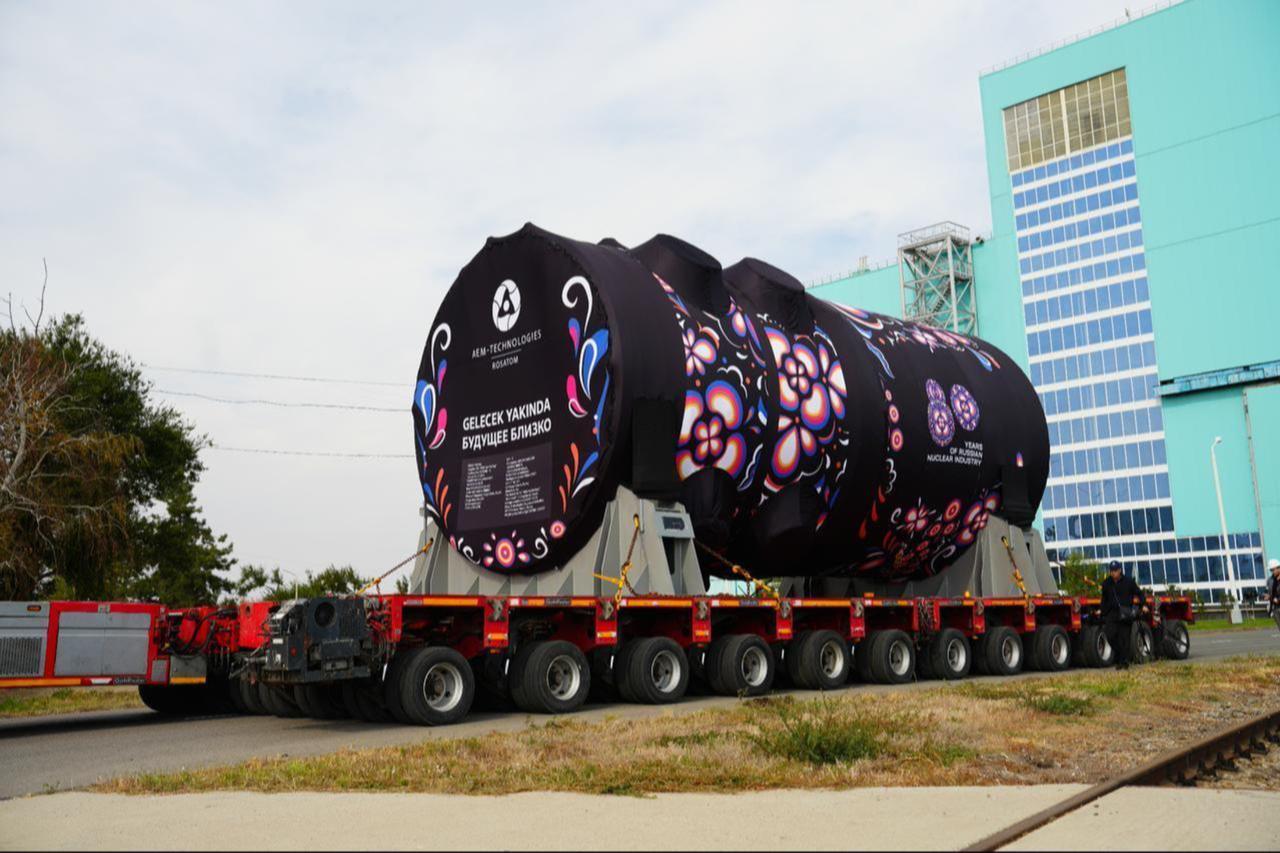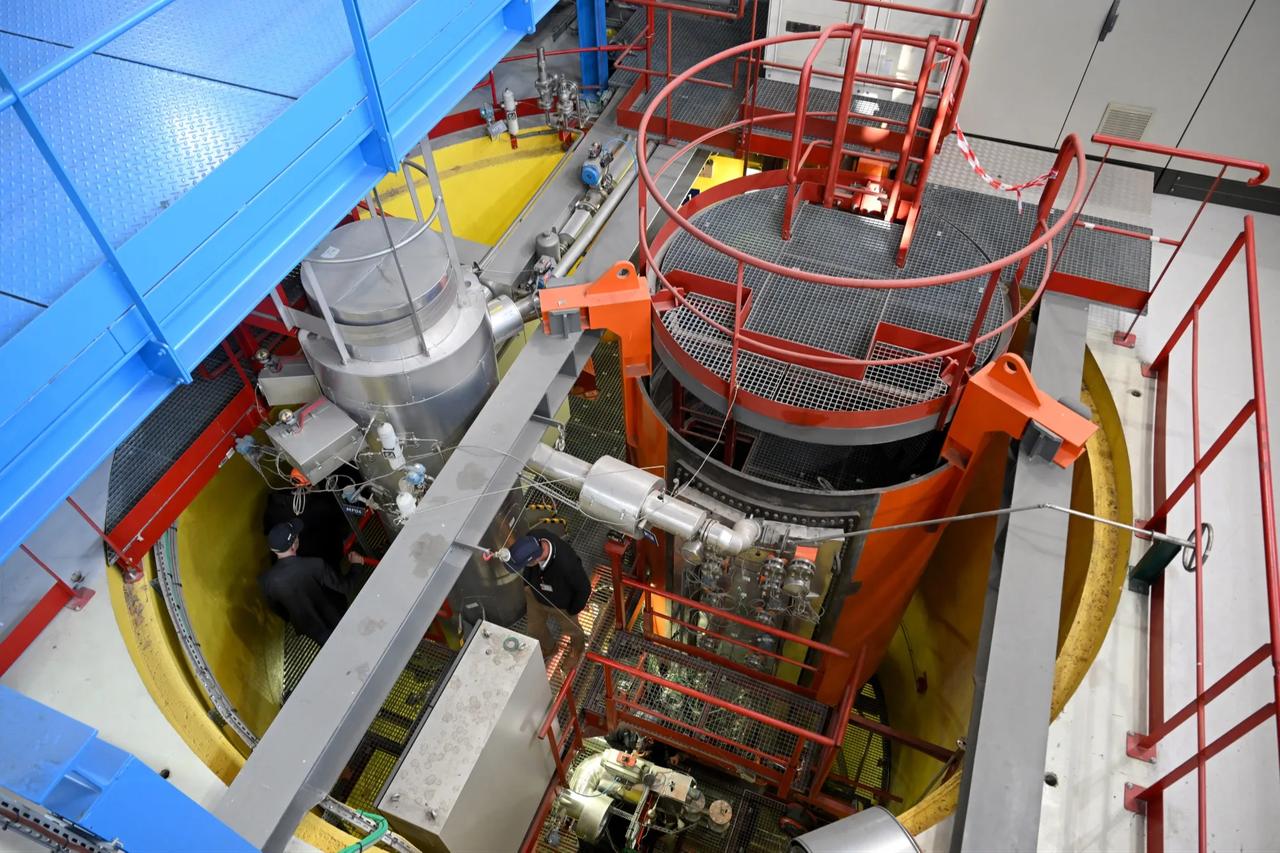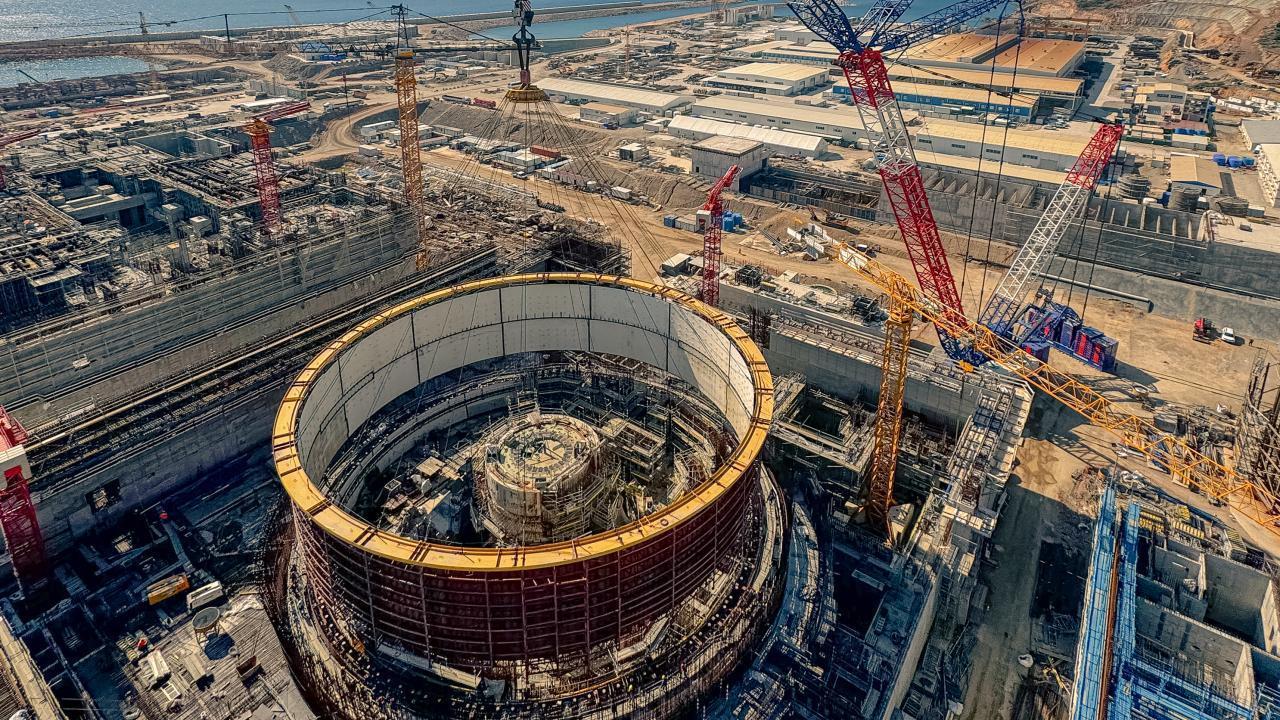
As global energy demand continues to rise, the dual pressures of fossil fuel dependency and climate commitments are forcing many countries to seek cleaner, more flexible energy solutions. Small Modular Reactors (SMRs) have emerged as one of the most viable options.
A new report released by Türkiye’s National Intelligence Academy frames SMRs as a potential game-changer for the country’s long-term energy security, industrial competitiveness, and geopolitical autonomy in its last report.
Their modular design, shorter construction periods, and enhanced safety features make them particularly attractive for nations like Türkiye, where diversification of energy sources is a strategic priority.
Unlike traditional large-scale nuclear reactors, SMRs can be deployed in smaller grids, remote regions, or industrial zones, offering scalable and localized energy solutions. They can also operate as stable base-load suppliers, balancing intermittent renewable sources such as wind and solar. In this way, SMRs can ensure grid stability while reducing reliance on fossil fuels—an increasingly critical challenge in Türkiye’s energy landscape.
Türkiye’s geographic and industrial diversity makes it an ideal testing ground for SMRs. From mining areas and island settlements to regions with limited transmission infrastructure, SMRs offer adaptable energy solutions that combine efficiency, reliability, and low carbon emissions. They could also facilitate the repurposing of decommissioned thermal power plant sites, significantly lowering environmental and financial costs.
Türkiye aims to expand its total nuclear power capacity to 20 gigawatts-electric (GWe) by 2053, integrating 15 GWe from large-scale reactors and 5 GWe from small modular units. Within this vision, SMRs are not merely complementary but transformative—capable of decentralizing nuclear power generation and embedding it within Türkiye’s long-term development agenda.
The strategic roadmap for this goal demands careful coordination between technology selection, regulatory frameworks, financing models, and workforce development. Türkiye’s future as a regional nuclear hub depends on selecting a limited number of compatible reactor technologies, enabling consistent training, licensing, and manufacturing processes. Such standardization would strengthen domestic capacity, streamline operations, and accelerate economic returns.
Moreover, Türkiye’s potential to localize SMR manufacturing—by establishing domestic module production and component supply chains—could replicate the success of its defense and aerospace sectors. With the right policy mix, Türkiye could evolve from a technology importer into a regional SMR exporter, aligning with its broader industrial transformation goals.

According to the report, a sustainable SMR ecosystem hinges on three critical pillars: fuel strategy, waste management, and safety culture. Currently, Türkiye’s target of 20 GWe nuclear capacity—spanning both large and small reactors—requires minimizing fuel import dependency and developing a national supply chain. Establishing a domestic nuclear fuel company would be a decisive step toward this goal, enabling Türkiye to gradually nationalize its fuel cycle.
Effective waste management is equally crucial. As nuclear projects expand nationwide, centralized and integrated systems will be essential for handling spent fuel and radioactive waste. A dedicated national waste management authority—publicly owned or structured as a public-private partnership—would ensure the secure storage, transport, and disposal of radioactive materials. Long-term solutions, including site selection and engineering design for final repositories, should begin without delay.
Safety remains the backbone of nuclear development. Türkiye’s regulatory architecture must evolve to embed a strong safety culture, promote transparency, and strengthen disaster resilience. SMRs’ passive safety systems, compact underground configurations, and accident-tolerant fuel technologies offer significant advantages in mitigating seismic and environmental risks.

Beyond energy generation, SMRs represent a gateway for Türkiye to enhance its technological sovereignty and regional influence. The localized engineering expertise, modular production capabilities, and export potential they generate could position Türkiye as a key player in the global clean energy transition.
The Intelligence Academy report underscores that international partnerships and technology transfers will be essential in this transformation.
Joint ventures with established technology providers, regulatory cooperation, and access to financing mechanisms such as power purchase agreements (PPAs) or regulated asset base (RAB) models can reduce project risks and attract foreign investment. Meanwhile, domestic industries—from construction to advanced materials—stand to benefit from participation in the SMR supply chain.
Türkiye’s pursuit of SMRs also carries implications for defense and dual-use technologies. Compact reactors can provide the foundation for future nuclear submarine propulsion systems, reinforcing strategic autonomy in national security while adhering to international non-proliferation norms.
In the broader geopolitical context, Türkiye’s potential ability to pioneer SMR deployment would mean its growing status as a regional technology exporter and energy security provider. Just as its drone and defense industries reshaped perceptions of Türkiye’s industrial capacity, leadership in modular nuclear technologies could similarly redefine its role in the global energy system.